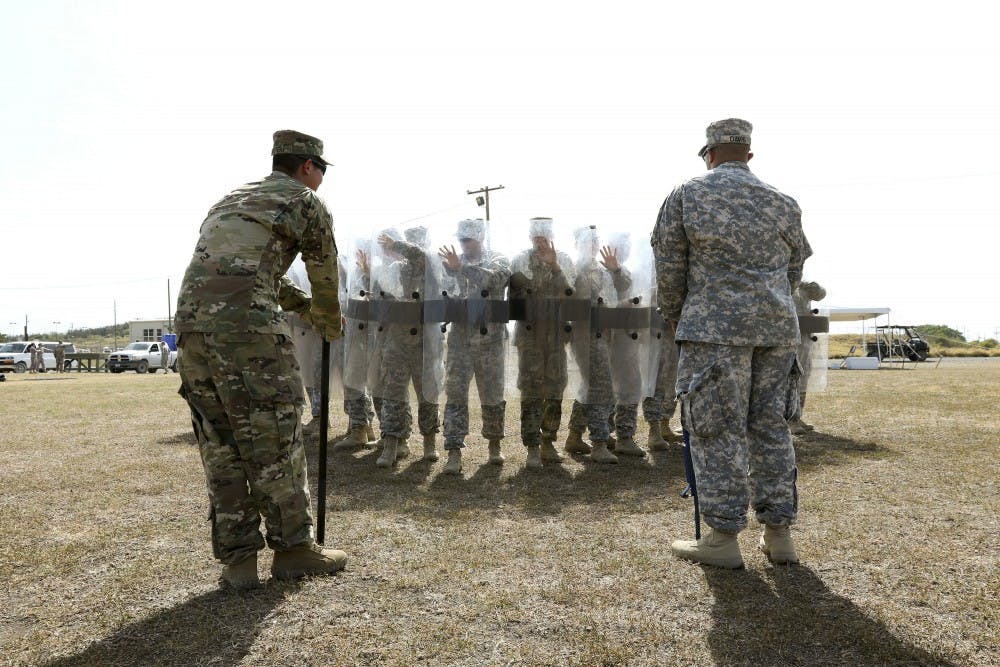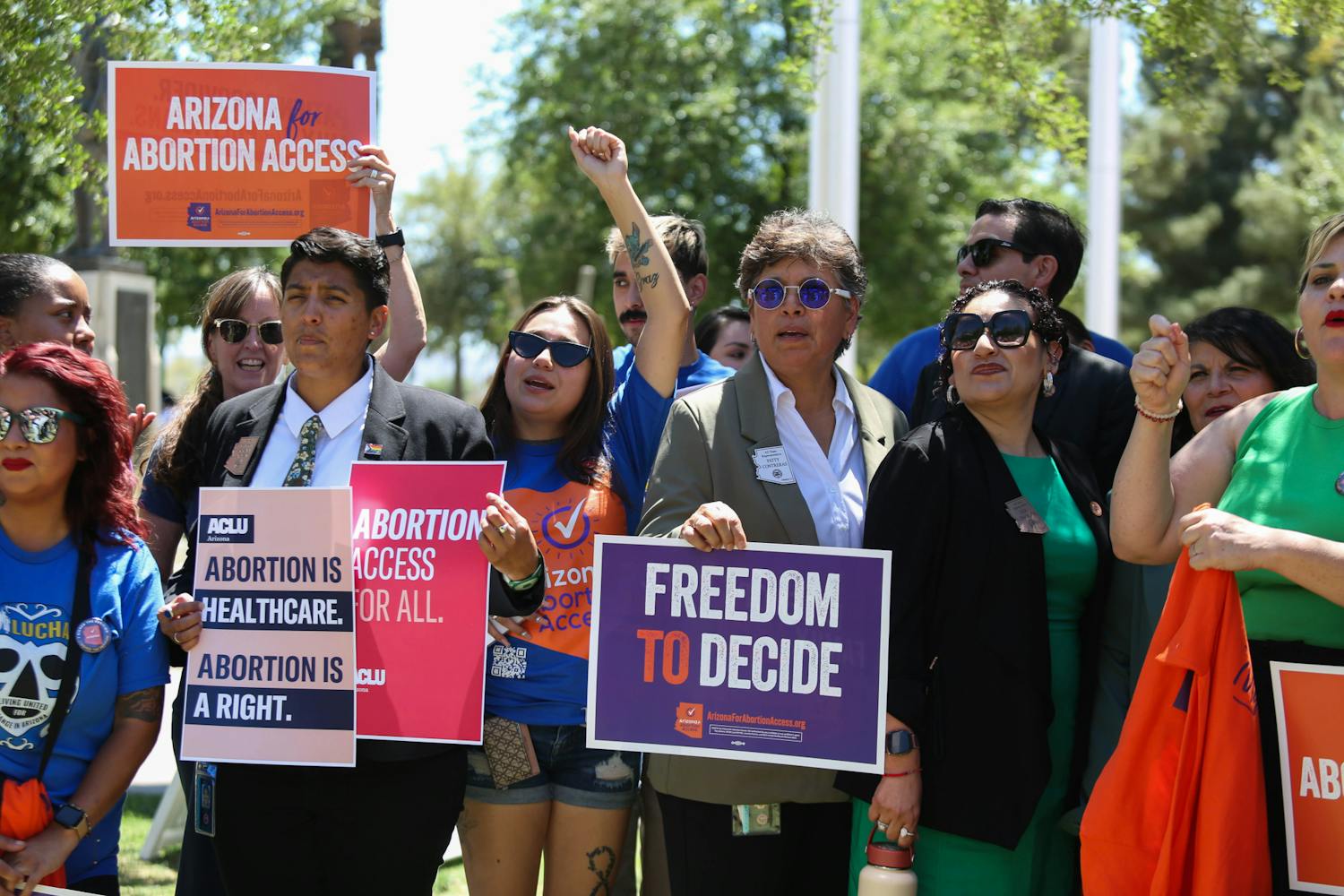The U.S. military has been a force of good to preserve the liberal world since the British offered the world’s hegemony to the U.S. in 1947. Its budget, however, has been a matter of dispute ever since.
A week ago, a friend suggested that the country should dramatically cut its military budget and instead make college tuition free. Of course, as an international student whose tuition is the highest at ASU, I feel the burden of high tuition more heavily than most. However, military budget cuts are not the answer.
First and foremost, as former Deputy Director of Office of Policy Planning at the State Department and current resident fellow at Hoover Institution, Dr. Kori Schake, said the military budget portion of the U.S.’s GDP is currently the lowest it has been since the end of the World War II.
Beyond that, millennials need to realize what kind of world we live in and why. It is not uncommon for the U.S. to deploy its navy to the shores of hostile countries to protect its allies from possible aggression.
However, it was just two years ago when Russia annexed a part of a sovereign country, while occupying another since 2008. If America had not become so war wary, if the military budget had not been slashed and if the country was more willing to push back, such Russian aggressions might have been prevented.
There are benefits to having a capable military. Just during my lifetime, the world has seen the fall of the “Evil Empire” which resulted into reunification of Germany and rapid increase in number of democracies. It is not difficult to argue that Carter-Reagan military build-up led to the Cold War victory. Since, America’s uni-multipolar leadership has preserved peace.
Then comes the free trade argument. Few, if any, economists would argue against free trade. Free trade has helped reduce the global poverty rate, created jobs around the world — including in homeland — preserved peace and brought down prices. This wouldn’t have been possible without an active American military present to secure trade lines.
“Defense spending is our insurance policy that no country or combination of countries can impose rules in the international order to the detriment of the U.S.," Dr. Schake said. "We protect ourselves and help protect other countries, producing a largely peaceful and prosperous international order. ... We won't like the rules others would set: China's state-sponsored companies getting trading advantages, Russia taking advantage of weak neighbors, the EU imposing its policies on U.S. companies without recourse to institutions we built in the basis of agreed, neutral rules.”
It is not difficult to imagine such a world where a combination of military budget cuts in the U.S. and rapid military budget increase in Russia and China has led to Russian aggression in Eastern Europe, Chinese aggression in the South China Sea and a Cold War in the Middle East initiated by Iran.
It is true that the U.S.’s defense spending is higher than the spending of several other countries in the top-spending list combined. However, it is because its responsibilities are also the highest and because the stakes are highest for the world's only remaining superpower.
Free college is great — but it is because of the magnitude of our military that the U.S. is not at war with another major power, drafting young people who could otherwise be going to college. It is also because of the benefits American military provides that the U.S. has such a successful economy, allowing Americans to flirt with the idea of so-called “free college.”
One might counter that European countries offer tuition-free college without a large military, but they fail to realize that their successful economy is a result of world peace and free trade, which the United States has provided. If history is any suggestion, between mercantilism, the Thirty Years’ Wars, Napoleonic Wars, the two World Wars, etc. God knows that the Europeans don’t know how to preserve peace and defend free trade.
The answer to high college costs is not military cuts. Maybe the end of state intervention in education might help. However, cutting the military budget will worsen the situation. In fact, the only tuition-free colleges in America are the military academies. Colleges offer assistance and sometimes free-rides to veterans. Besides, American military is an institution where socioeconomic status doesn’t matter and equality is absolute. Therefore, it has been an engine for upward mobility in the U.S. If anybody wants free college, don’t cut the budget of the largest humanitarian institution. Instead, join it.
Reach the columnist at shaykhatiri@asu.edu or follow @shaykhatiri on Twitter.
Like The State Press on Facebook and follow @statepress on Twitter.
Editor’s note: The opinions presented in this column are the author’s and do not imply any endorsement from The State Press or its editors.
Want to join the conversation? Send an email to opiniondesk.statepress@gmail.com. Keep letters under 300 words and be sure to include your university affiliation. Anonymity will not be granted.




